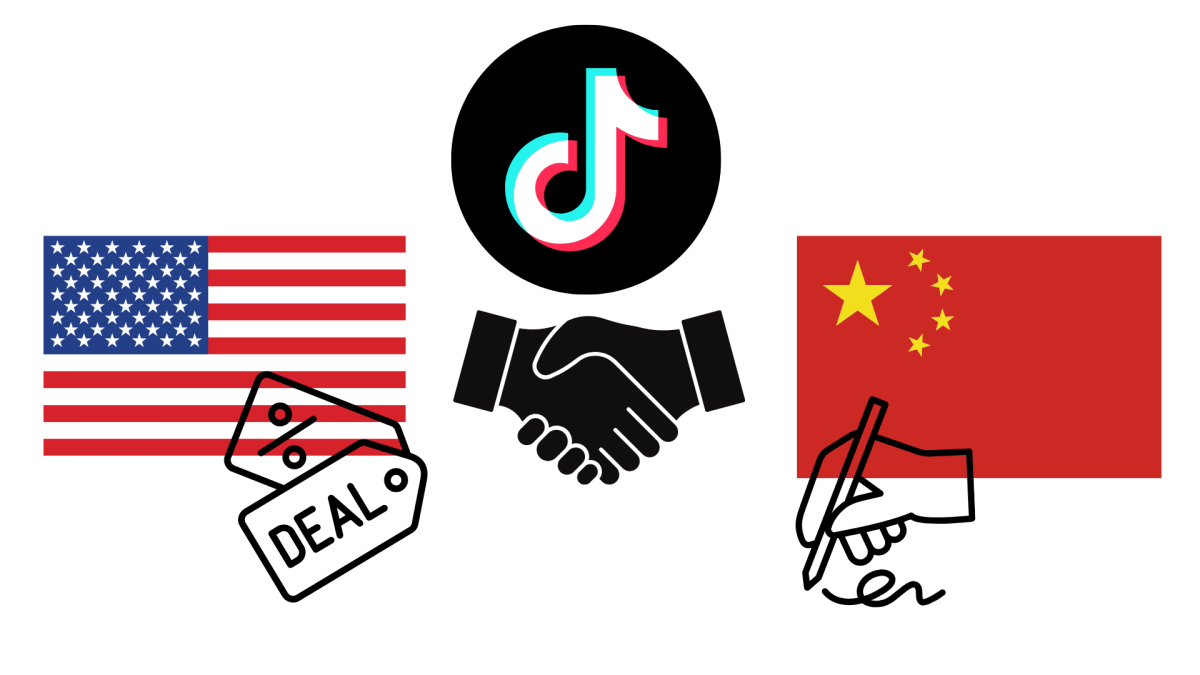On March 19, the award winning movie Oppenheimer was released to theaters in Japan. The movie’s release in Japan was held back for 240 days due to the sensitive nature of the topic for the Japanese people. When the film first premiered it did so in 80 countries and collected a box office revenue of $960 million. The film’s release alongside the Barbie movie caused controversy in Japan with the “Barbenheimer” craze. Many in Japan saying it trivialized the atomic bombings.
Opinions from the viewers in Japan range vastly though one prominent opinion is that the movie focused too much on the man (Oppenheimer) himself and not enough on the Japanese perspective which is completely absent from the film. From the start the film was meant to be a portrayal, not of the development of the atomic bomb, or the use of it, but of the psychological conflict within Oppenheimer as he leads the development of the bomb.
Oppenheimer ranked fourth in the box office in Japan upon it’s release, earning 379 million Yen ($2.5 million) in just it’s first three days after release.
As part of the promotional campaign, the studio behind Oppenheimer, Universal, sought the views of atomic bomb survivor Tomonaga Masao, president of a Nagasaki-based “hibakusha” group, a group of survivors of the atomic bombing of Nagasaki during World War II.
In 1945, the American B-29 “Superfortress” bombers, “Enola Gay” and “Bockscar” dropped the only two nuclear bombs to ever be used in war on Hiroshima and Nagasaki respectively. The initial blasts of the two bombs instantly killed 110,000 people, and another 100,000 would die of later side effects caused by radiation. The ethicalness of the bombings has been debated since shortly after the bombings took place. The partially negative reaction of the Japanese people is completely understandable, though it would appear the movie has released smoothly without any major backlash.









